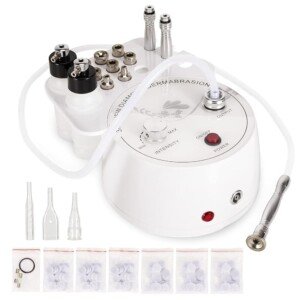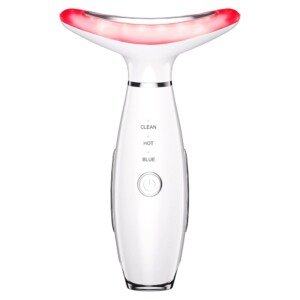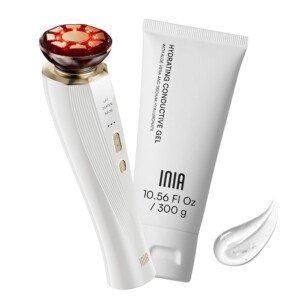In today’s rapidly evolving world, the lines between luxury and technology are blurring. What was once defined solely by exclusivity, craftsmanship, and heritage now integrates cutting-edge innovation to create unparalleled experiences. The fusion of high-end sophistication with state-of-the-art technology is redefining luxury across industries—from automotive and real estate to fashion, hospitality, and personal gadgets.
The Perfect Fusion: Where Luxury Meets High-Tech
Luxury is no longer just about opulent materials or exquisite design—it’s about seamless functionality, personalization, and futuristic convenience. Tech-infused luxury delivers smarter, more intuitive experiences, appealing to discerning consumers who demand both prestige and performance.
1. The Automotive Industry: Beyond Exquisite Craftsmanship
Luxury car brands like Rolls-Royce, Bentley, and Ferrari have long been symbols of elite status, but now they are incorporating AI-driven infotainment systems, autonomous driving capabilities, and electric powertrains.
- Tesla’s Plaid models & Lucid Air combine breathtaking speed with intelligent software.
- Mercedes-Benz’s MBUX Hyperscreen transforms dashboards into AI-powered command centers.
- Bentley’s sustainable luxury integrates eco-friendly materials with digital cockpits.
2. Smart Homes & High-Tech Residences
Ultra-luxury real estate now seamlessly blends architectural grandeur with next-gen smart technology. Homes are equipped with:
- AI-powered climate and lighting control (e.g., Savant, Control4).
- Biometric security systems (facial recognition, motion sensors).
- Automated concierge services through voice assistants (Amazon Alexa, Google Home).
Developers like The OWO Residences in London and One Hyde Park in Dubai offer fully integrated smart living experiences with touchless automation and sustainability features.
3. Wearable & Fashion Tech: The New Status Symbols
Luxury fashion brands are embedding technology into haute couture and accessories:
- Tag Heuer’s Connected Watches merge Swiss craftsmanship with smart functionalities.
- Dolce & Gabbana’s NFC-linked garments allow digital authentication.
- Louis Vuitton & Apple’s AirTag collaboration blends fashion with tracking tech.
Wearables are becoming fashion statements while offering high-tech utility.
4. High-Tech Hospitality: The Rise of Smart Luxury Travel
Five-star hotels are transforming into tech havens:
- The Galaxy Macau uses facial recognition for check-ins and casino access.
- Yotel’s robotic concierges handle luggage and room service.
- The Savoy London offers personalized AI butler services.
Even private jets and yachts now include AI navigation, holographic entertainment, and mood-controlled lighting.
The Next Frontier: AI, Sustainability, and Virtual Luxury
As artificial intelligence advances, bespoke luxury experiences are becoming hyper-personalized. Virtual showrooms (like Balenciaga’s VR-runway shows) and NFT-backed exclusivity (Gucci’s virtual sneakers) are shaping the future of digital luxury.
Sustainability is also a major focus, with brands like Stella McCartney and Hermès adopting lab-grown leather and blockchain for supply chain transparency.
Conclusion
Luxury is no longer stagnant—it thrives on innovation. High-tech enhancements elevate exclusivity, creating smarter, more immersive, and sustainable experiences. Tomorrow’s elite lifestyle will be defined by those who embrace this synergy between tradition and futurism. The question is no longer "What’s luxurious?" but "How far can luxury evolve?"
From AI-driven supercars to smart villas and digital couture, the intersection of luxury and high-tech is where the future of elegance unfolds. 🚀
-
2025 New Face and Neck Massager Tool, 7 Colors LED Womens Skin Care Facial Massager for Skin Rejuvenation, Lifting, Toning, Glow Boost-White
Original price was: $29.99.$24.99Current price is: $24.99. -
3-in-1 Beauty Massager for Face and Neck, Based on Triple Action LED, Thermal, and Vibration Technologies for Skin Care,Improve,Firm,Tightening and Smooth
Original price was: $23.96.$21.96Current price is: $21.96. -
3-in-1 Red Light Therapy for Face and Neck, Skin Tightening Device True Beauty Glow Facial Massager for Skin Care, Effective Wrinkle Reduction Anti-Aging with Lifting,…
Original price was: $139.99.$109.99Current price is: $109.99.









